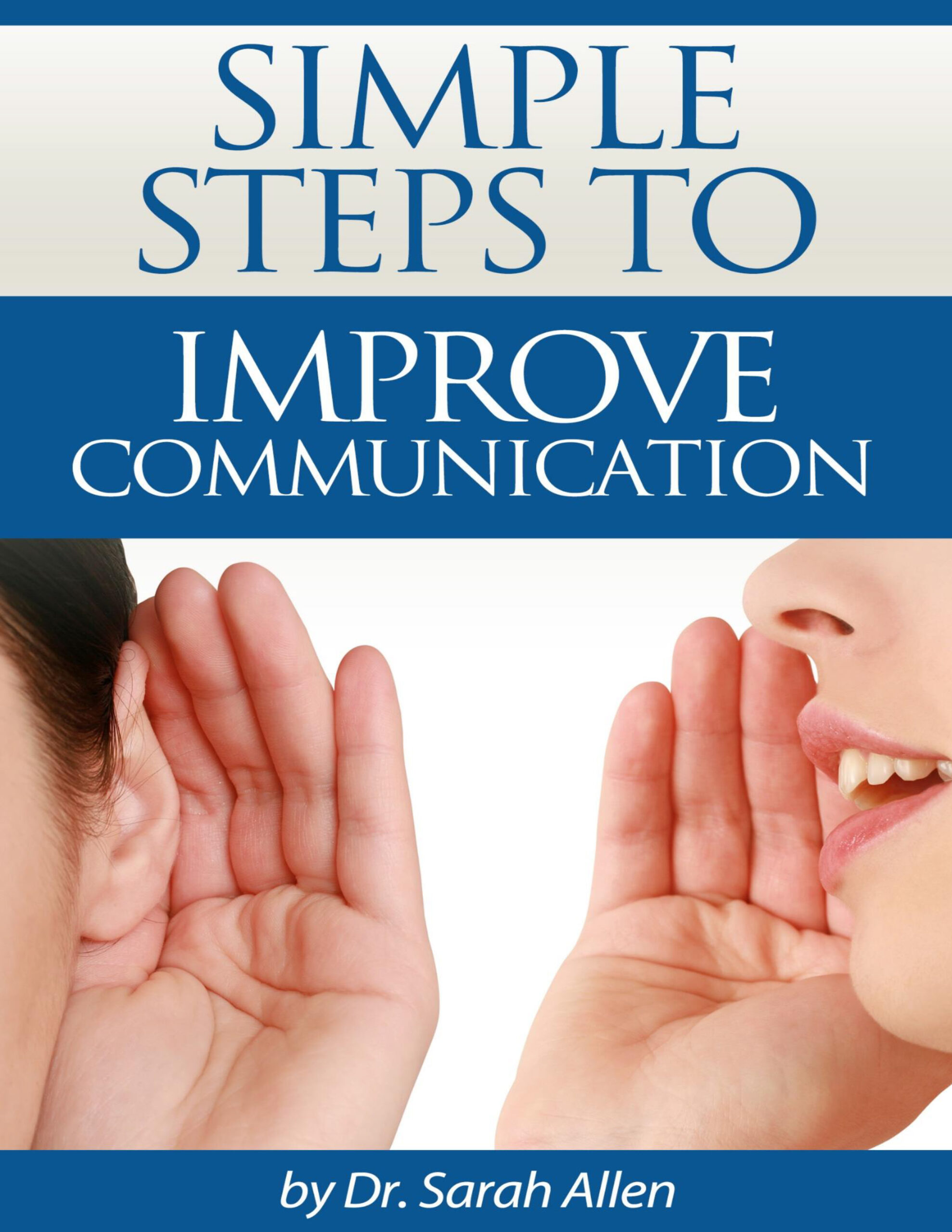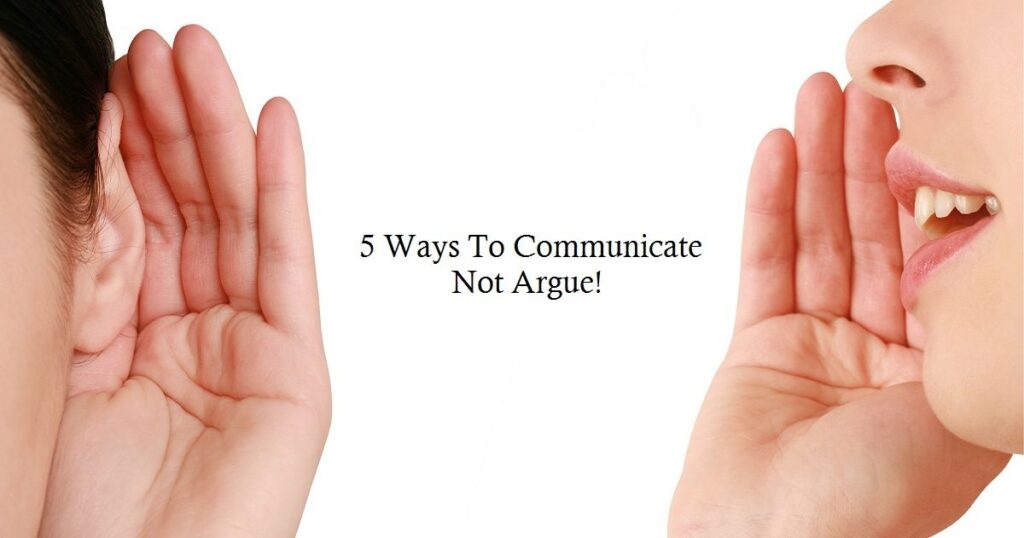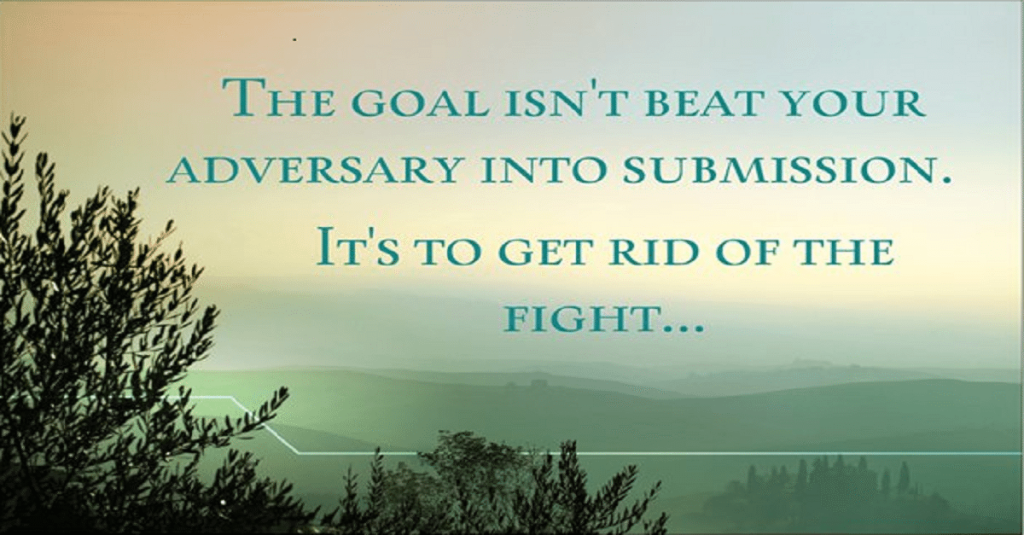
Relationships can be complex and challenging, and at times, we might need a little help to navigate them. Relationship coaching offers a valuable resource for individuals and couples looking to improve their connections, communication, and overall relationship satisfaction. Contrary to popular belief, relationship coaching is not just for those in crisis; it can benefit anyone looking to strengthen their relationship skills and create a more fulfilling partnership.
While relationship coaching and couples therapy often get confused, they are distinct approaches with different goals and methods. Understanding these differences can help you decide which path is right for you. Whether you’re dealing with common issues like communication breakdowns or seeking to enhance an already healthy relationship, relationship coaching provides tailored strategies to meet your needs.
Let’s delve into how relationship coaching can make a positive impact on your relationships and address the challenges you face.
Understanding the Difference Between Relationship Coaching and Couples Therapy
Relationship coaching and couples therapy might seem similar, but they have distinct purposes and methods. Relationship coaching focuses on setting and achieving goals within the relationship. It is action-oriented and often addresses specific issues like communication, intimacy, or conflict resolution. Coaches work with clients to develop strategies and skills that can improve their relationships. The coaching process tends to be short-term and forward-focused, aiming to enhance the overall quality of the relationship.
On the other hand, couples therapy delves deeper into emotional and psychological issues affecting the relationship. Therapists often explore past experiences, attachment styles, and unresolved conflicts. Therapy is typically more in-depth and can be a longer process aimed at healing and understanding underlying issues. Therapists are licensed professionals trained to diagnose and treat mental health conditions, while coaches focus on personal development and growth within the relationship.
Understanding these differences can help you decide which approach best suits your needs. If you’re seeking to resolve deep-seated emotional issues and patterns, couples therapy might be the way to go. If you’re looking to enhance specific aspects of your relationship and set concrete goals, relationship coaching may be more effective.
Key Benefits of Relationship Coaching
Relationship coaching offers numerous benefits for individuals and couples. Here are some key advantages:
1. Improved Communication: Coaches help you develop better communication skills, enabling you to express yourself clearly and listen more effectively.
2. Goal Setting: You can work with your coach to set specific, achievable goals for your relationship, such as increasing intimacy or resolving recurring conflicts.
3. Actionable Strategies: Relationship coaching provides practical strategies and tools you can apply immediately to see positive changes.
4. Personal Growth: Coaching encourages personal development, helping you understand your own needs and how they impact your relationship.
5. Accountability: Coaches hold you accountable for the goals you set, providing regular check-ins and feedback to track your progress.
These benefits help create a more fulfilling and balanced relationship. Relationship coaching is empowering because it provides you with the skills and confidence to improve your relationship actively. Whether you’re looking to boost communication, resolve conflicts, or simply strengthen your bond, relationship coaching offers valuable tools to achieve your goals.
Common Issues Addressed in Relationship Coaching
Relationship coaching can help you tackle a wide range of issues that may arise in your relationship. Here are some common problems addressed:
1. Communication Problems: Struggling to communicate effectively is a frequent source of conflict. Coaches offer strategies to improve listening and speaking skills.
2. Conflict Resolution: Arguments are natural, but knowing how to resolve them constructively is essential. Coaching helps you develop techniques to handle disagreements respectfully.
3. Lack of Intimacy: Whether emotional or physical, a lack of intimacy can create distance. Coaches work with couples to restore and enhance their connection.
4. Trust Issues: Rebuilding trust after it has been broken is challenging. Coaches assist in creating steps to regain and maintain trust.
5. Life Transitions: Major life changes such as moving, changing jobs, or having children can strain a relationship. Coaches guide couples through these transitions smoothly.
Addressing these issues allows you to strengthen your relationship, making it more resilient and fulfilling. By focusing on these common problems, relationship coaching provides the tools and support needed to ensure both partners feel heard, understood, and valued.
How to Get Started with Relationship Coaching
Starting relationship coaching is straightforward and can make a big difference in your relationship. Here are some steps to get you going:
1. Identify Your Goals: Determine what you want to achieve through coaching. Whether it’s improving communication or resolving conflicts, having clear goals can guide your sessions.
2. Find the Right Coach: Look for a coach whose philosophy and style align with your needs. Check credentials, read reviews, and consider their experience.
3. Schedule a Consultation: Many coaches offer an initial consultation to discuss your goals and see if you’re a good fit for each other.
4. Commit to the Process: Consistency is key. Schedule regular sessions and actively participate in the process.
5. Apply What You Learn: Use the tools and strategies provided by your coach in your daily interactions. Practice makes perfect, and applying these techniques can lead to lasting changes.
By following these steps, you can start your journey toward a healthier and more satisfying relationship. Relationship coaching provides a structured approach, giving you the support needed to achieve your goals.
Conclusion
Relationship coaching offers a powerful way to enhance and strengthen your relationships. By understanding the differences between relationship coaching and couples therapy, you can make an informed decision about which path to take. Coaching provides practical solutions and strategies to address common issues and improve communication, making your relationship more fulfilling.
If you’re struggling with relationship challenges or simply want to improve your connection through relationship coaching now is the time to take action. At my Northbrook based practice, I offer personalized relationship coaching to help you achieve your goals. Reach out today to start your journey toward a healthier, happier relationship.

If you would like to learn ways to communicate better and improve your relationships please contact me with any questions or to set up an appointment at 847 791-7722 or on the form below.
If you would like to read more about me and my areas of specialty, please visit Dr. Sarah Allen Bio. Dr. Allen’s professional license only allows her to work with clients who live in IL & FL & the UK and unfortunately does not allow her to give personalized advice via email to people who are not her clients.
Dr. Allen sees clients in person in her Northbrook, IL office or remotely via video or phone.

Do you need help improving your communication skills? Download now “Simple Steps To Improve Communication”
Are you looking to enhance your ability to communicate effectively? Whether it’s in your personal relationships, professional endeavors, or everyday interactions, mastering communication is key. Download my booklet “Simple Steps to Improve Communication” now to discover practical strategies and techniques that will empower you to express yourself with clarity and confidence.











